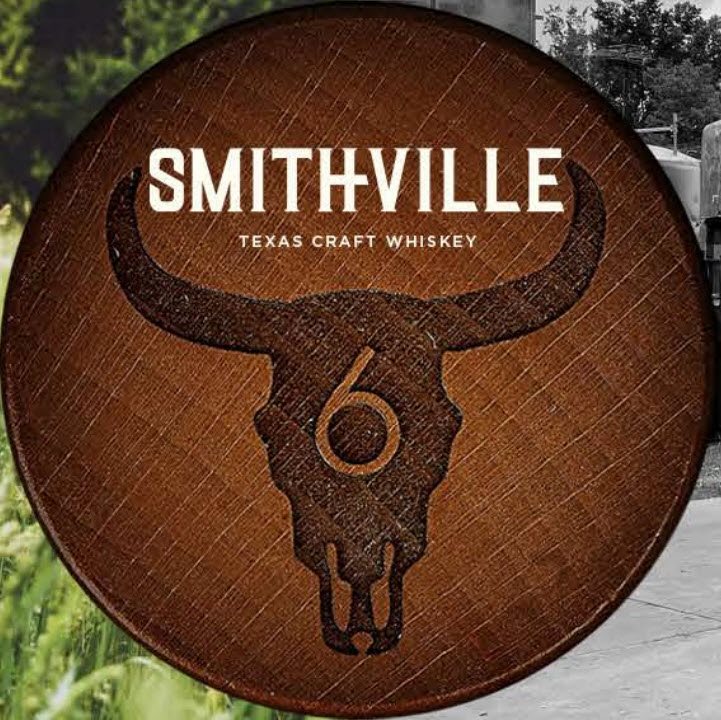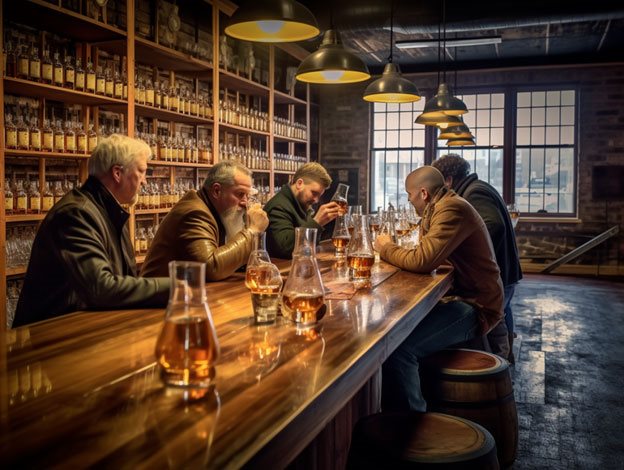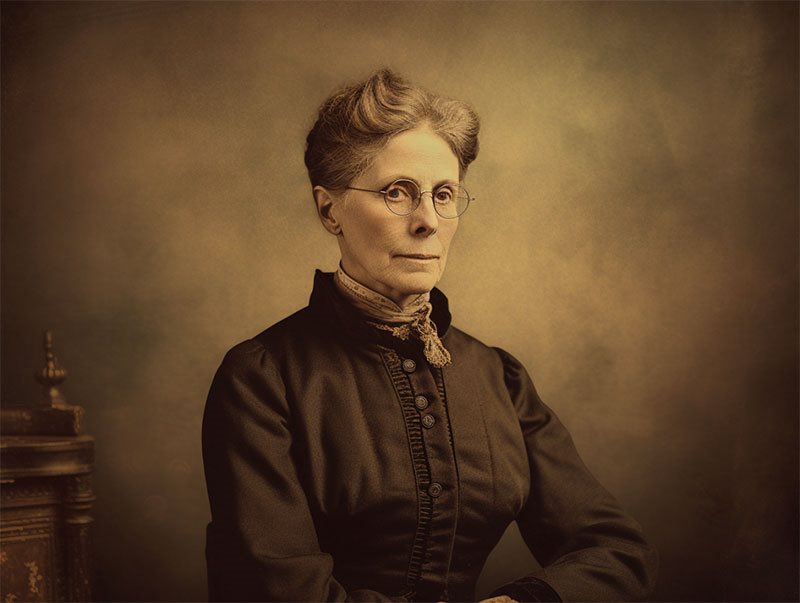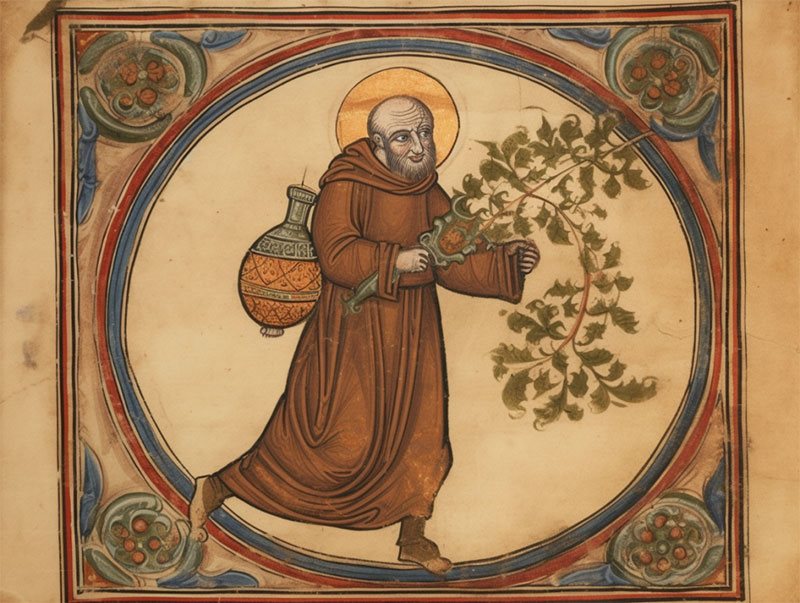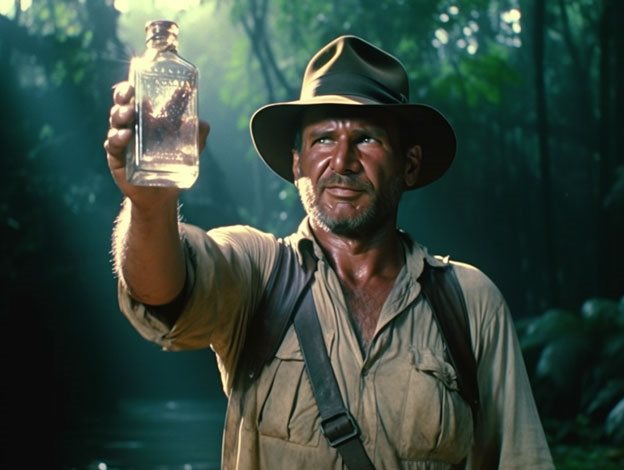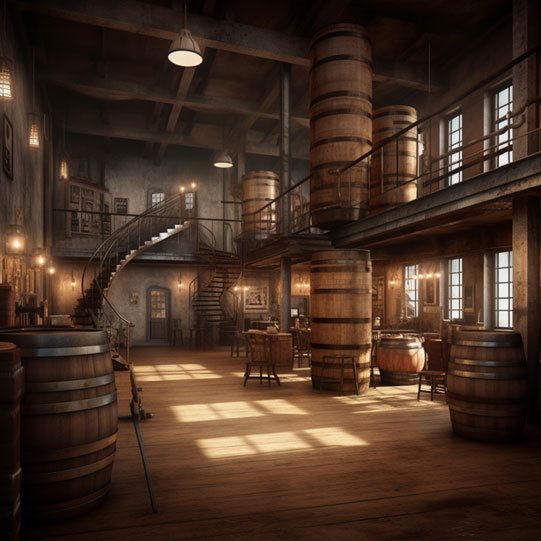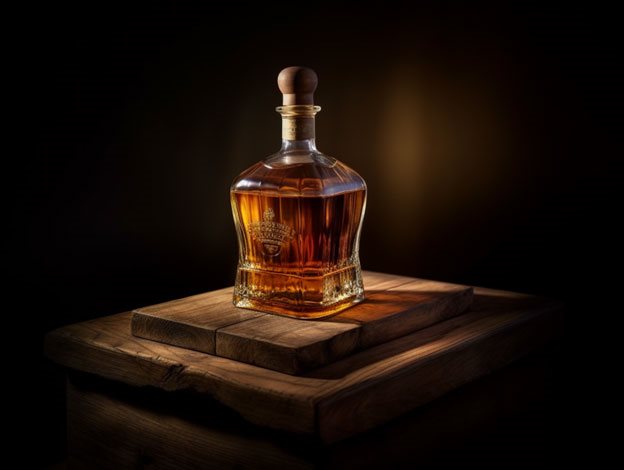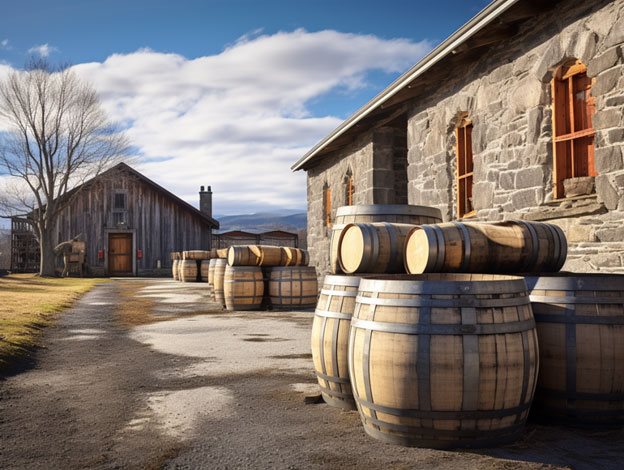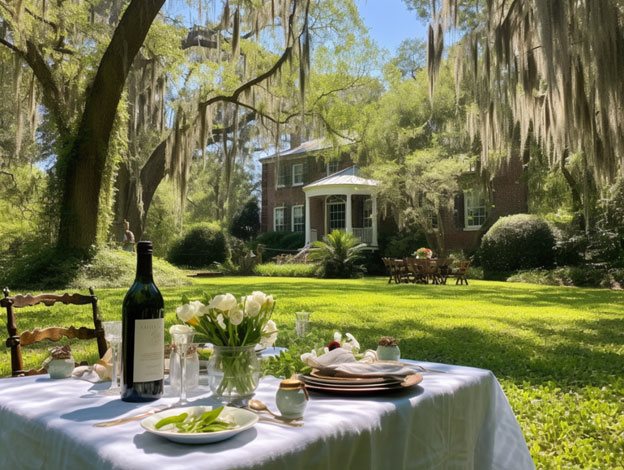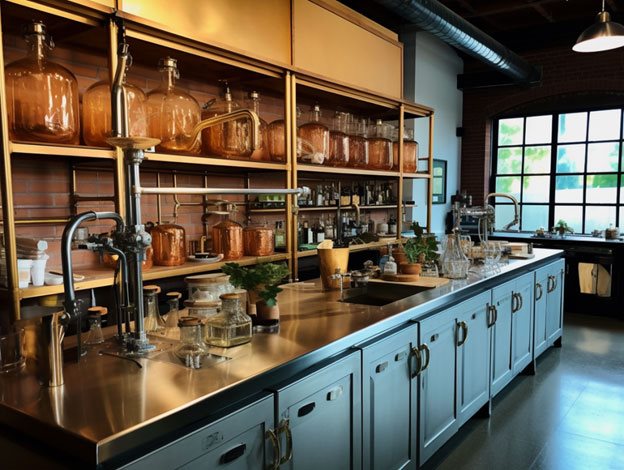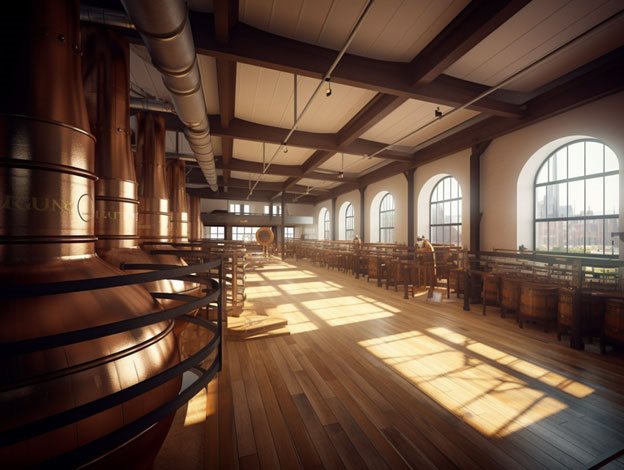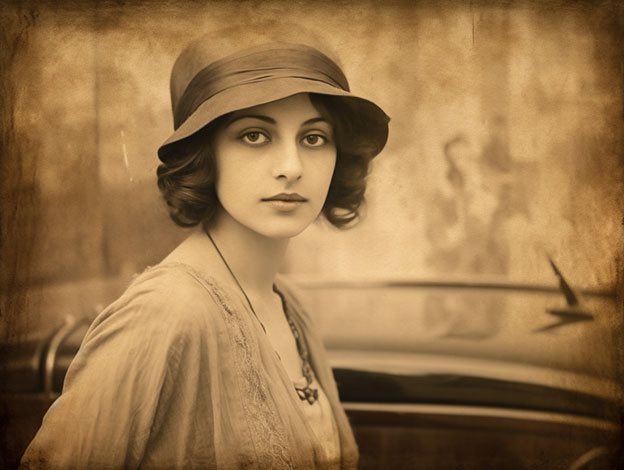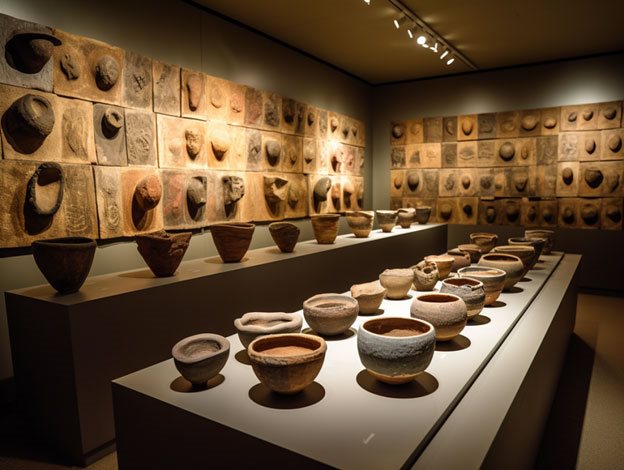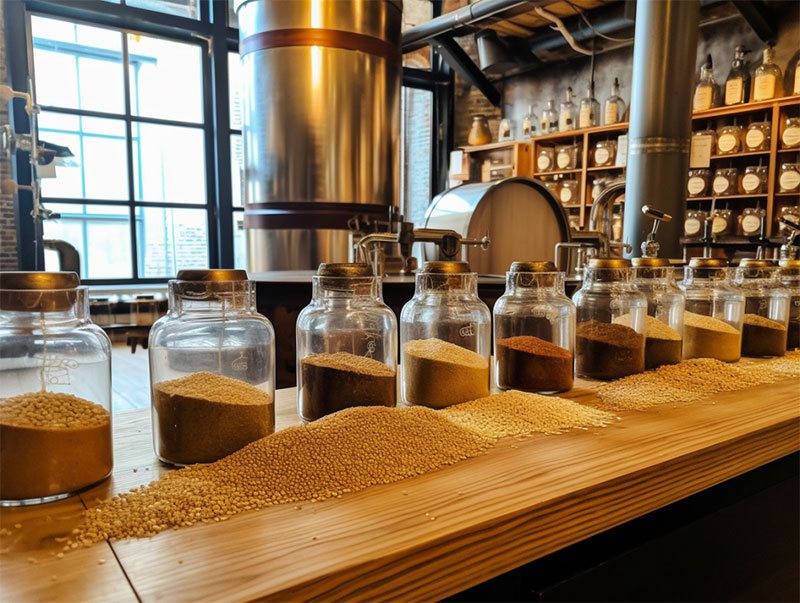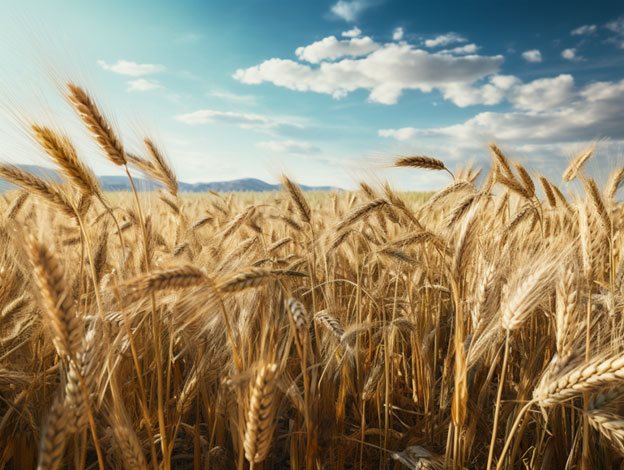Whiskey, the golden spirit of the Gaelic lands, embodies more than just a delightful drink. In both Ireland and Scotland, it's a cultural touchstone, holding centuries of history, tradition, and a certain magical allure. This traveler's guide style article will guide you through the cultural significance of whiskey in these two nations and how it has shaped their identity.
Ireland: The Emerald Isle of Whiskey
Whiskey making in Ireland dates back over a thousand years, making it one of the oldest producers of this distilled spirit. In Gaelic, whiskey translates to 'uisce beatha,' meaning 'water of life,' echoing the significance of this beverage in Irish culture.
Visiting Ireland, you can't help but feel the reverence for whiskey. This is particularly palpable in the whiskey distilleries, where traditional methods are still embraced. Distilleries like Jameson, Bushmills, and the newer Teeling Distillery offer tours where visitors can immerse themselves in the history and production of Irish whiskey.
The true cultural depth of Irish whiskey, however, is best experienced in the convivial atmosphere of an Irish pub. Here, whiskey is not just enjoyed for its taste but also for the sociability it encourages. Storytelling, music, and good-natured banter are often the companions of a whiskey glass, making it a crucial part of the Irish social fabric.
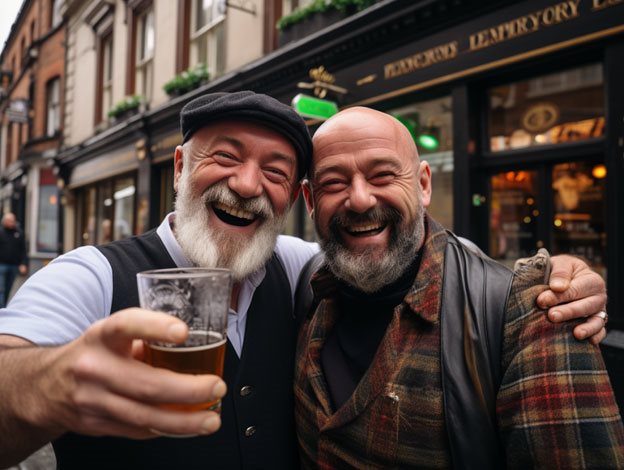
Scotland: The Heartland of Scotch
In Scotland, whiskey, more commonly known as Scotch, is a symbol of national pride. The first record of Scotch production dates back to the 15th century. Today, it's an industry worth billions, with Scotch exports reaching every corner of the globe.
Scotland's whisky-producing regions – Highland, Lowland, Speyside, Islay, and Campbeltown – each carry their unique whisky style, often reflecting the characteristics of the landscape itself. Whether it's the peaty, smoky whiskies from Islay or the sweet, complex drams from Speyside, tasting Scotch is like traversing the Scottish terrain.
A visit to a Scottish distillery is akin to stepping into a time capsule. Many distilleries like Glenfiddich, Macallan, and Lagavulin still use age-old methods and offer tours that provide insight into the art of whisky making. The experience of witnessing the slow distillation process and the peaceful maturation in oak casks instills an appreciation for the patience and craftsmanship Scotch demands.
Further reflecting the cultural significance, Scotland celebrates World Whisky Day annually, inviting everyone to try a dram and celebrate the 'water of life'. This, along with the annual Spirit of Speyside Whisky Festival, highlight the role whisky plays in Scotland’s culture and community.
Conclusion
Both Ireland and Scotland, while sharing a passion for whiskey, offer distinctive cultural experiences surrounding it. In Ireland, whiskey is the heart of a lively conversation in a warm, bustling pub. In Scotland, it's the soulful reflection of its land and a testament to the art of patience and tradition.
For the traveler, exploring the whiskey culture in these countries offers a deeper understanding of their history, their traditions, and their people. It's a journey not just through the landscapes but also through time, tracing the story of the 'water of life' as it courses through the heart of Irish and Scottish culture. So, here's to the road ahead - may it be filled with many a dram and a wealth of unforgettable experiences!
